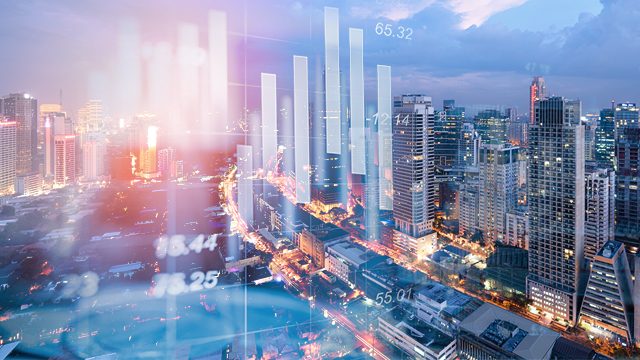SUMMARY
This is AI generated summarization, which may have errors. For context, always refer to the full article.

MANILA, Philippines – The government’s top economic officials hailed the Philippines being chosen as the top country to invest in by American media firm US News and World Report, saying that more investor-friendly reforms would come.
The Philippines placed first in US News’ ranking of the best countries to invest in, ahead of second-placer Indonesia as well as Poland, Malaysia, Singapore, Australia, Spain, Thailand, India, and Oman, in that order.
US News said it based its ranking primarily on a survey of 6,000 “business decision makers.” Countries were ranked on 8 equally weighted factors: corruption, dynamism, economic stability, entrepreneurship, favorable tax environment, innovation, skilled labor force, and technological expertise.
On its website, US News and World Report states it is a “multi-platform publisher of news and information,” mainly known for its rankings of best schools.
Finance Secretary Carlos Dominguez III attributed the top ranking to the country’s leadership, labor force, inclusive growth momentum, fiscal discipline, stable monetary policy, and membership in the Association of Southeast Asian Nations (ASEAN).
In the first 11 months of 2017, the Philippines already exceeded the government’s full-year target of $8 billion in foreign direct investment (FDIs), as it registered a total of $8.7 billion based on data from the Bangko Sentral ng Pilipinas (BSP).
This, however, is tempered by foreign investment pledges falling by 51% as tracked by 7 investor promotion agencies, including the Board of Investments (BOI) and the Philippine Economic Zone Authority (PEZA). These agencies are tasked with approving investments which then count as FDI flows once the projects materialize.
Nonetheless, US News noted that “the country is expected to receive more FDI from within the region from powerhouses like China that are looking to utilize available labor in developing nations.”
China, the world’s 2nd largest economy, has so far promised more than $10 billion to support the government’s Build, Build, Build infrastructure program.
Under the program, the government is raising infrastructure spending from nearly 4% of gross domestic product (GDP) in 2017 to around 7% by 2022, for an investment of roughly P8 trillion over 6 years.
Investor-friendly reforms on the way
In a statement on Tuesday, March 6, Socioeconomic Planning Secretary Ernesto Pernia said “critical reforms” are on track.
“Our efforts to create a more business- and investor-friendly environment are gaining traction in the past year and a half and the world is already seeing it,” Pernia said.
“Our Build, Build, Build campaign will boost the country’s international competitiveness. With most of the flagship projects completed or nearly so by 2022, our infrastructure would be at par with our ASEAN neighbors,” he added.
Pernia also noted that the move to liberalize the Foreign Investment Negative List (FINL), which is now up for the approval of the National Economic and Development Authority (NEDA) Board, will likely boost FDIs.
The FINL lays out investment areas of the economy that are closed to foreign investment as well as areas where foreign ownership is limited to 40% of a venture.
The impending passage of a congressional bill on ease of doing business also bolsters confidence to invest in the country, Pernia added.
The aim of the bill, which now covers both business and non-business related transactions, is to ease red tape. For instance, simple transactions should take 3 working days instead of 5, and complex transactions 7 working days instead of 10.
The bill is expected to undergo bicameral ratification next week, after which it can be signed into law by President Rodrigo Duterte.
“All of these are geared towards our goal of becoming an upper middle-income country before 2022 accompanied by a marked reduction in poverty,” Pernia said.
Pernia on Tuesday also called for measures to cushion the impact of rising inflation on the poor. – Rappler.com
Add a comment
How does this make you feel?
There are no comments yet. Add your comment to start the conversation.